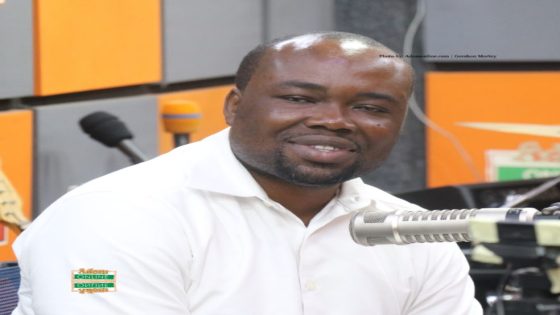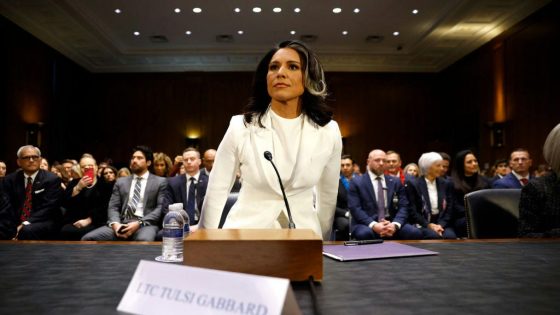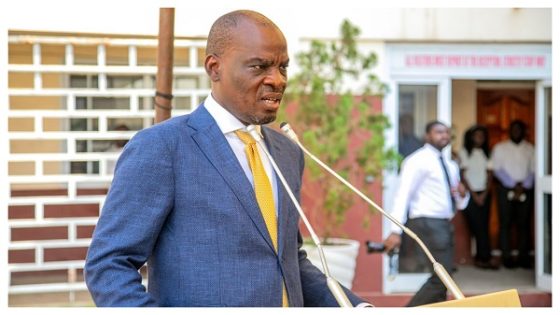The Akwatia MP, Ernest Yaw Kumi, is making headlines as he appeals against his contempt of court conviction. On February 19, 2025, the High Court in Koforidua found him guilty for violating an injunction by attempting to be sworn in as an MP. What does this mean for his political career and the people of Akwatia?
- Akwatia MP Ernest Yaw Kumi convicted.
- Conviction for violating court injunction.
- Bench warrant issued for Kumi's arrest.
- Deputy Minority Whip claims judicial bias.
- Kumi appeals contempt conviction and bench warrant.
- Application filed to stay bench warrant execution.
With a bench warrant issued for his arrest, Kumi’s situation has sparked discussions in Parliament. His Deputy, Jerry Ahmed Shaib, claims the judge showed bias in the case. Could this appeal change the course of Kumi’s political journey?
The Implications of Kumi’s Appeal on Ghana’s Political Landscape
What impact will Kumi’s appeal have on the political dynamics in Akwatia and beyond? As the situation unfolds, it raises essential questions about accountability and the rule of law in Ghana’s political framework.
Understanding the Contempt Conviction and Its Consequences
Ernest Yaw Kumi’s contempt conviction stems from his actions that defied a court injunction. This incident has not only led to a bench warrant for his arrest but also sparked broader discussions about the integrity of the legal system in Ghana. Here are some key points to consider:
- Kumi was found guilty for attempting to be sworn in against a court order.
- The court withheld sentencing due to Kumi’s absence during the ruling.
- Deputy Minority Whip Jerry Ahmed Shaib has raised concerns about judicial bias.
- Kumi’s appeal and stay application could alter the legal landscape for MPs in Ghana.
The Role of the Judiciary in Ghana’s Democracy
The judiciary plays a crucial role in maintaining democracy and ensuring that elected officials adhere to the law. Kumi’s case highlights the delicate balance between political power and judicial authority. How can the judiciary ensure fairness while upholding the law?
Public Reaction and Political Accountability
The public’s response to Kumi’s appeal is mixed, with many citizens calling for transparency and accountability from their leaders. This situation serves as a reminder of the importance of ethical conduct among elected officials. What steps can be taken to enhance accountability in Ghana’s political system?
In conclusion, Ernest Yaw Kumi’s appeal against his contempt conviction is a pivotal moment for Ghana’s political landscape. As the case progresses, it will be essential to monitor its implications for the rule of law and the integrity of the judiciary.
































